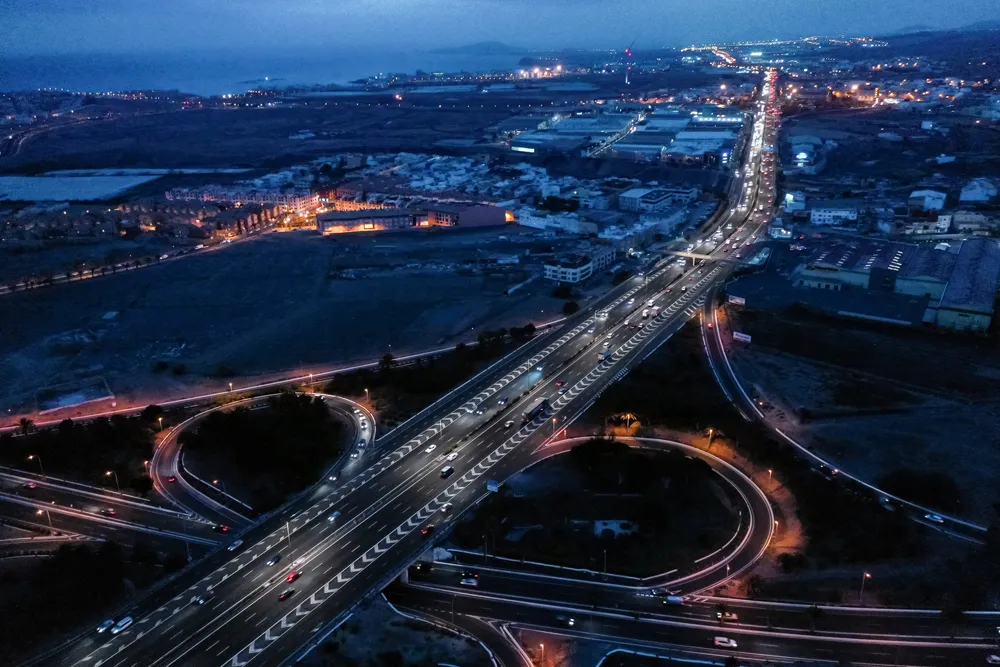Nigeria’s Lagos state government has outsourced around a third of its street lighting under a deal with UK manufacturer Low Energy Designs.
A total of 10,000 LED Street lights are set to be installed in Lagos, Nigeria by a United Kingdom firm, Low Energy Designs. The Lagos State Government recently entered into a partnership with the UK Company.
The partnership deal will see LED replace up to 10,000 lights over 300km of state roads within the next year at a cost of US$7 million, Nigeria’s media reported. The contract is part of the state’s Light up Lagos project.
Lagos state is the smallest of Nigeria’s 36 states but is the country’s financial powerhouse. The state contains Nigeria’s capital Lagos port – the country’s largest urban area with around 16 million of the state’s nearly 18 million people. The state capital, however, is the much smaller inland city of Ikeja with under a million people.
The Lagos State Electricity Board owns and operates 33,000 street lights. “Technically, [LED] is going to be having about 31% of our entire street light infrastructure and this is a significant development,” said Akinwunmi Ambode, governor of Lagos state.
He said the state government is exiting the business of installing and repairing street lighting poles as well as providing backup diesel systems. “All those have been outsourced now,” said Ambode. “We just buy light from LED UK with all their installations. They manage it, they provide the security, they power it and as long as we see the light, we pay.”
Alan Parker, chief executive of LED, said that over the next 12 months a British and Nigerian consortium would work to retrofit major roads in the state including urban regeneration projects in Ikoyi, Ikeja and Victoria Island.
The government, which was elected in early 2015, had promised to initiate what it called Light Up Lagos. Included in the project is the upgrading and installation of thousands of street lights along major highways as well are rural electrification projects.
Lagos state lights up with Low Energy Designs
Nigeria’s Lagos state government has outsourced around a third of its street lighting under a deal with UK manufacturer Low Energy Designs. A total of 10,000 LED Street lights are set to be installed in Lagos, Nigeria by a United Kingdom firm, Low Energy Designs. The Lagos State Government recently entered into a partnership with the UK Company. The partnership deal will see LED replace up to 10,000 lights over 300km of state roads within the next year at a cost of US$7 million, Nigeria’s media reported.
March 9, 2018
Read time: 2 mins








